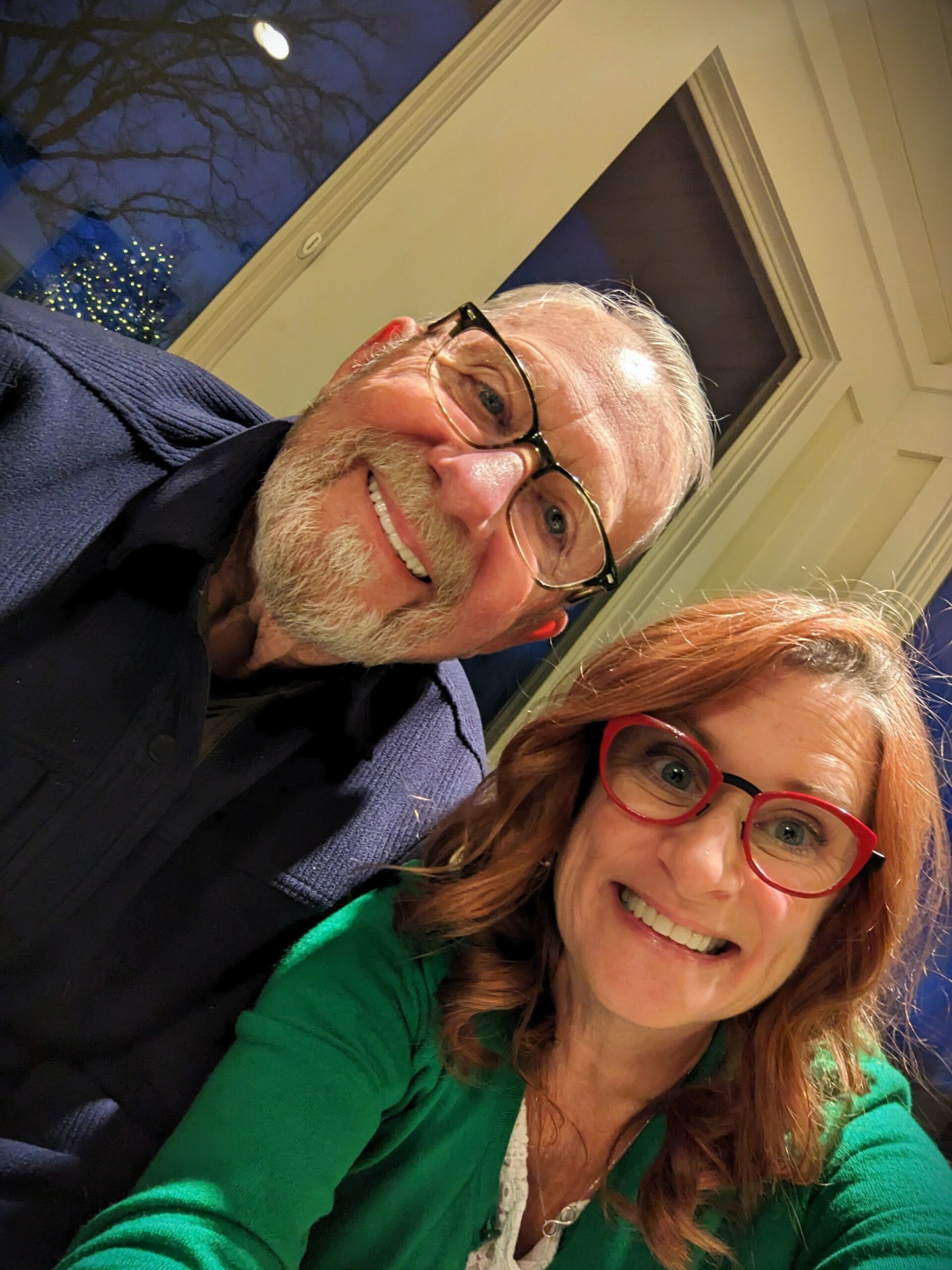Many people struggle staying the course with goals or intentions they set for 2023. Maybe working out is less enticing than sitting on the couch and watching TV. Maybe eating healthy is more challenging than grabbing a bag of chips. Maybe reading that top selling professional development book isn’t as exciting as you thought it would be. It’s difficult to stay motivated.
Two things about me.
One – I struggle staying motivated too. In fact, I was just talking with my husband a couple of nights ago about wanting to be more self-motivated when I feel like I want to give up, I’m tired, I’m bored, things are monotonous, I must do tasks I don’t love, and so on.
Two – I’m a psychology junkie (not to be confused with being an actual psychologist). In college I minored in psychology and my appetite for it grew exponentially when I became a member of Psi Chi, an honors society for psychology students. I believe understanding why we and others do what we/they do opens doors to success, and that is why I incorporate A LOT of psychological science into the work I do.
For a several years I have been a dedicated reader of the Peak Mind Psychology newsletter and a big fan of their podcast too. Their recent newsletter is apropos for my topic this week. So, I’m going to share a bit of it here.
“The third Monday in January is “known as Blue Monday, supposedly the most depressing day of the year. Whether it’s the gloomy weather, the post-holiday slump, financial worries, or the inevitable waning in New Year’s New You motivation, this day can be a hard one. Mental struggles, feeling blue, or full-on depression certainly aren’t limited to one day with a catchy marketing name, but it can be a good reminder to pause and think about mental health, the impact that the passing blues or clinical depression can have, and what to do about it.
Somehow these two days [Martin Luther King, Jr. Day and Blue Monday] coalesced in my mind in a way that made me think of the F*ck Its. I realize that this isn’t language I typically use in my writing, especially not when I’m wearing the Dr. Ashley hat, but hang in there with me. I’m guessing you can relate.”
Dr. Ashley goes on to explain where the F— Its come from (our brains are master excuse makers) and then what to do about it.
- Recognize F— Its and call them by name.
- Don’t focus on whether they are true or objective. Focus on whether they are helpful.
- Only act on helpful thoughts.
I don’t know about you, but this is exactly what I needed to get my brain off the struggle bus and help kick my self-motivation in the butt.
If you are struggling with personal or professional goals, maybe it helps you too. And if you want to learn more from Dr. Ashley click here.









Leave A Comment